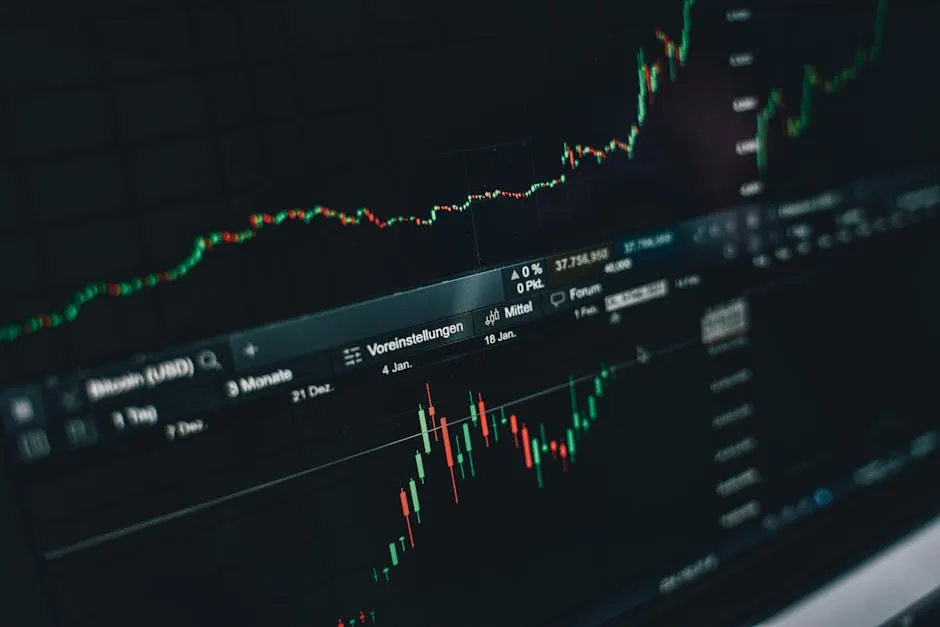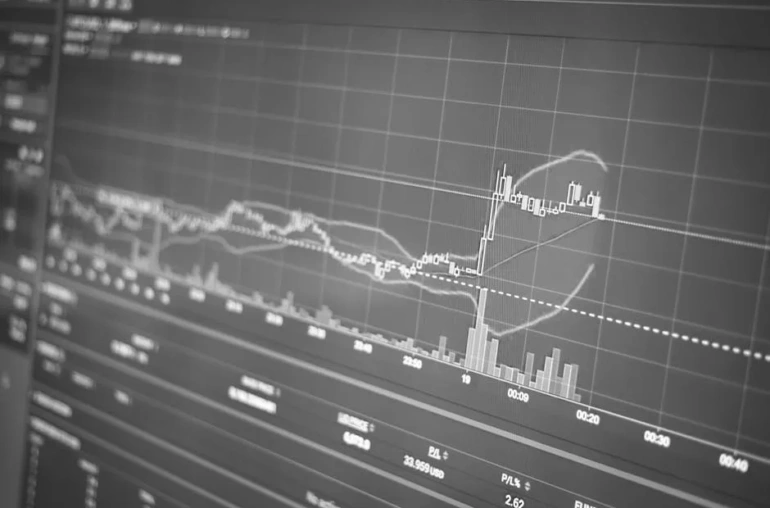
Introduction
The cryptocurrency landscape is ever-evolving, and recently, Alex Thorn from Galaxy Digital made headlines by suggesting that the United States may be on the verge of forming a Strategic Bitcoin Reserve this year. This bold claim raises questions not only about the future of Bitcoin but also about the broader implications for the cryptocurrency market and the economy at large.
Why a Strategic Bitcoin Reserve?
Thorn argues that the market is currently “underpricing” the likelihood of such a reserve being established. But what exactly does this mean? A Strategic Bitcoin Reserve could serve multiple purposes, including stabilizing the cryptocurrency market, providing a hedge against inflation, and enhancing national security by holding a digital asset that has gained significant traction globally.
As Bitcoin continues to gain legitimacy and acceptance, various institutions and governments are considering how to integrate it into their financial frameworks. The establishment of a Strategic Bitcoin Reserve by the US government could signal a major shift in how cryptocurrencies are perceived by regulators and the public alike.
Market Reactions and Skepticism
While Thorn’s assertions have sparked interest, there is also skepticism surrounding the idea. Critics argue that the volatile nature of Bitcoin could make it a risky asset for the government to hold in reserve. Concerns about regulatory challenges, market manipulation, and the overall stability of the cryptocurrency also contribute to this skepticism.
Moreover, the existing infrastructure for managing such a reserve is still in its infancy. The complexities of integrating Bitcoin into a traditional reserve system could pose significant challenges that need to be addressed before any formal actions are taken.
The Broader Implications
If the US were to establish a Strategic Bitcoin Reserve, it could have profound implications for the market. First, it could lend further legitimacy to Bitcoin and other cryptocurrencies, potentially encouraging more institutional investment. Additionally, it may prompt other nations to consider similar strategies, leading to a ripple effect across the global financial system.
Furthermore, a government-backed reserve could lead to increased regulation and oversight of the cryptocurrency market, which could either stabilize or stifle innovation, depending on how these regulations are implemented.
Conclusion
As the cryptocurrency market continues to mature, the possibility of a US Strategic Bitcoin Reserve is a topic worth watching. Alex Thorn’s insights highlight a critical intersection between government policy and cryptocurrency, suggesting that we may be on the brink of a significant transformation in how digital assets are viewed and utilized. Whether this potential reserve will materialize this year remains to be seen, but it undoubtedly adds another layer of intrigue to the ever-evolving world of cryptocurrency.



